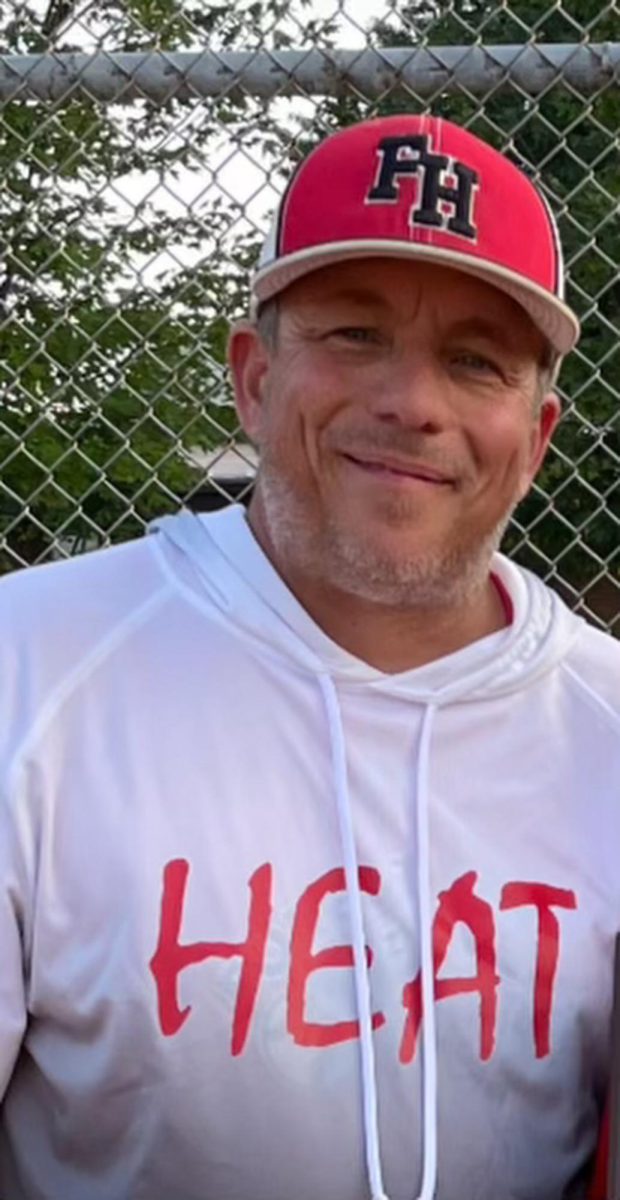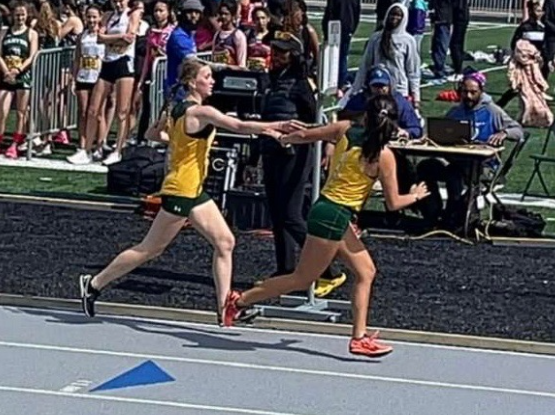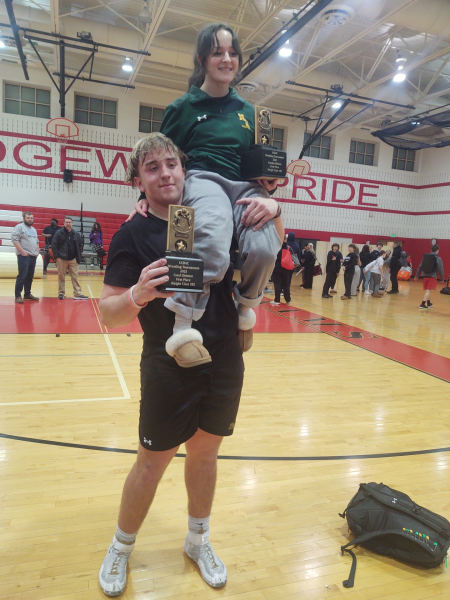Athletics improving academic success
May 15, 2018
Playing a sport is more than being in shape. Playing a sport is about time management, learning responsibility, being respectful and accountable. More teens should participate in sports, because it will teach them these qualities and more.
Through experience, I have seen that when high school students participate in sports they are more likely to participate in other activities. Many athletes participate in honor societies, clubs and community work. These tasks allow them to develop good time management skills, while also keeping them out of trouble.
Many times, student athletes tend to get better grades. In fact, at North Harford, the past three valedictorians were athletes.
The question is why do members of sports teams do better in school? Maybe it’s because so many academic skills are interrelated to athletic development, like memorization, repetition, and determination. These skills are ones students use to help them complete projects and study for tests as well as run plays, anticipate the opposition, and grow in persistence on the field.
Hopefully, these skills don’t stop in the classroom. Ideally, students take what they learned into college and then, later on, into the places they work. Teamwork, communication and learning from mistakes are critical to being successful.
In addition to all of these positive outcomes of sports, being on a team helps teenagers socially. It develops the value of friendship and community. Making new friends helps enhance a support system for kids who might not otherwise have such a thing in their life.
Certainly these skills could be developed in other ways, and regardless of what activities kids participate in, these traits are important in everyday life, whether at home, in life or at school.
Being a student-athlete holds teens to a higher standard. They must maintain good grades, be leaders and always be respectful. This doesn’t mean that they don’t make mistakes, it simply means that they are driven by mentors and coaches who expect the very best of them. And because of this, they learn that they are responsible for the decisions they make and outcomes they produce on and off the athletic field.












